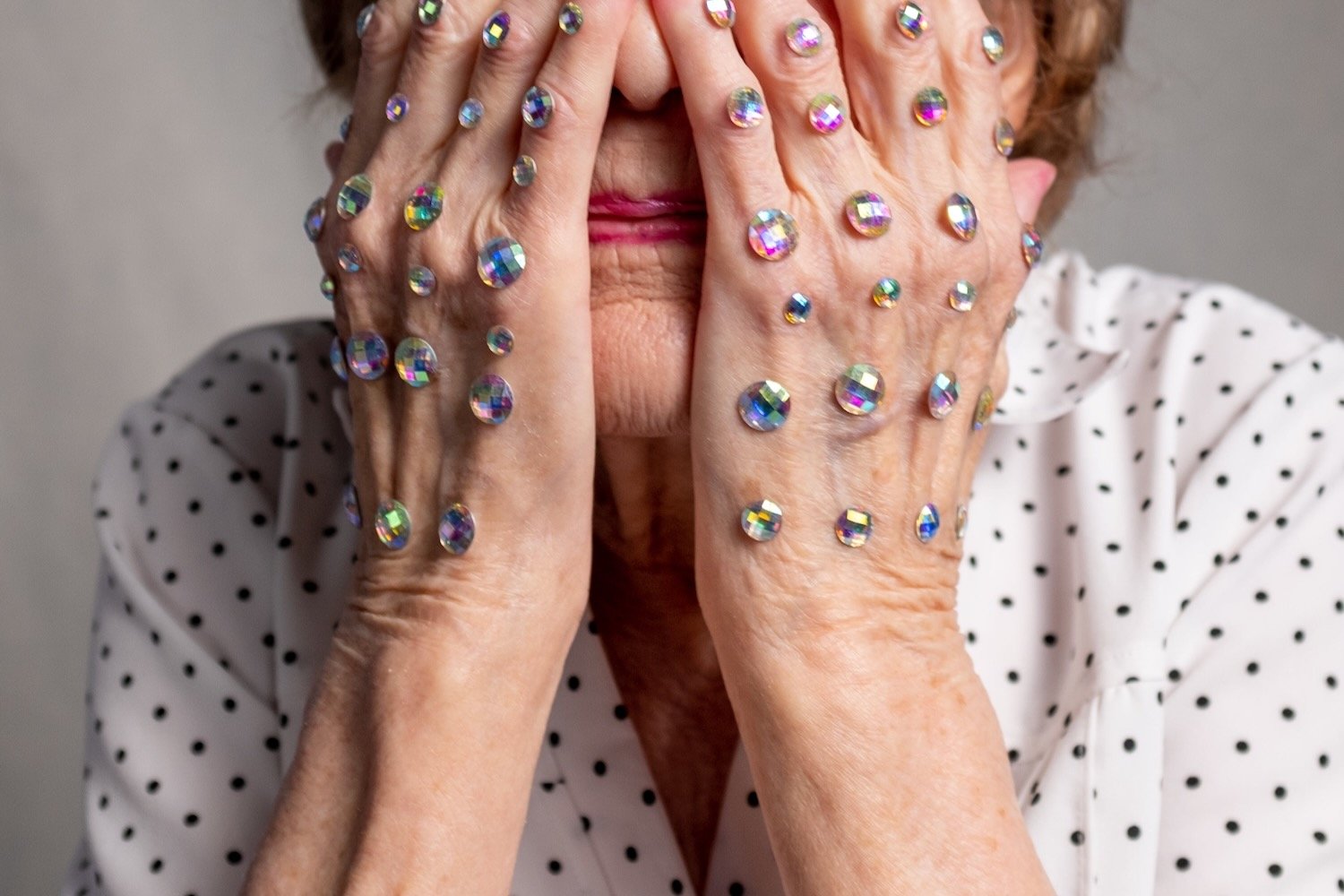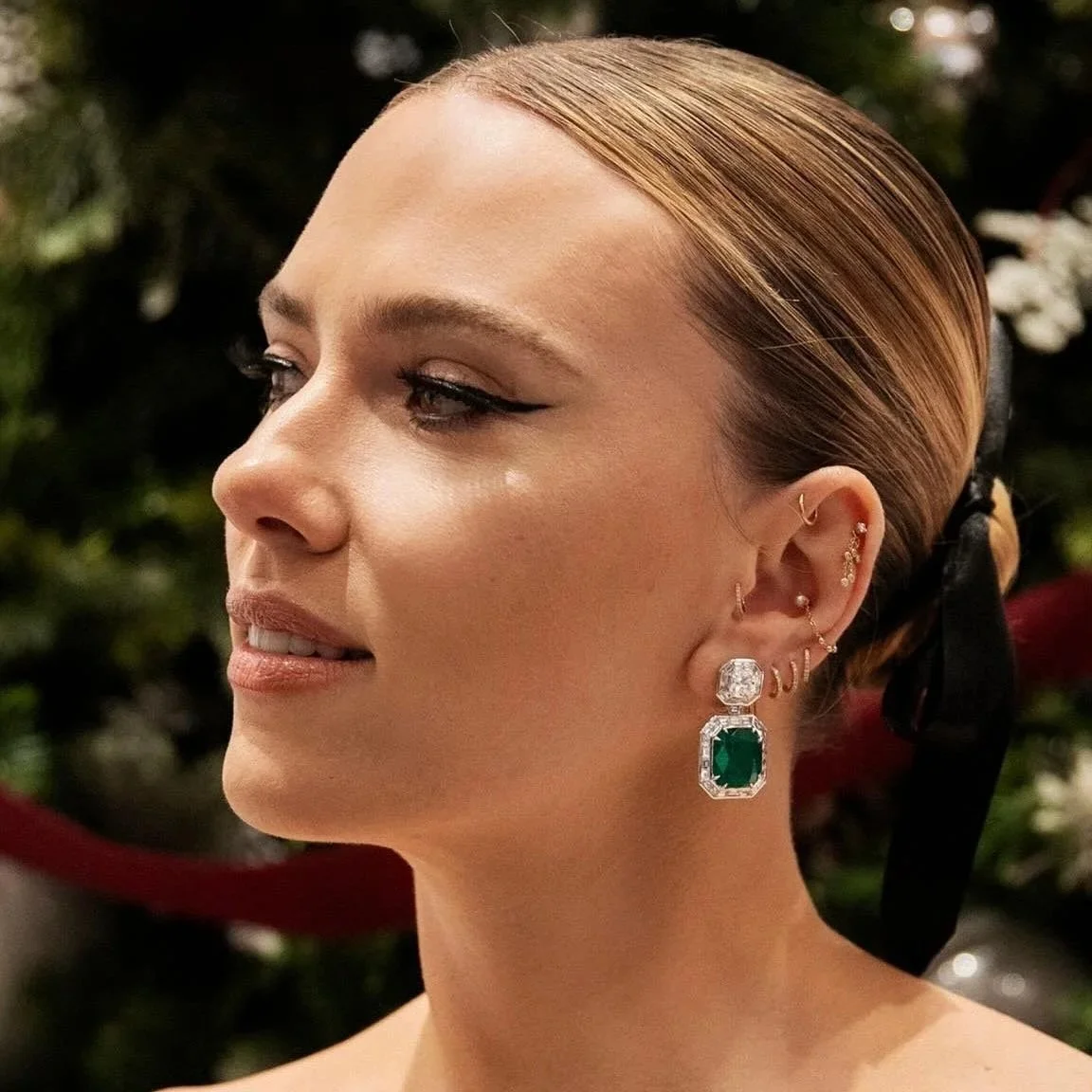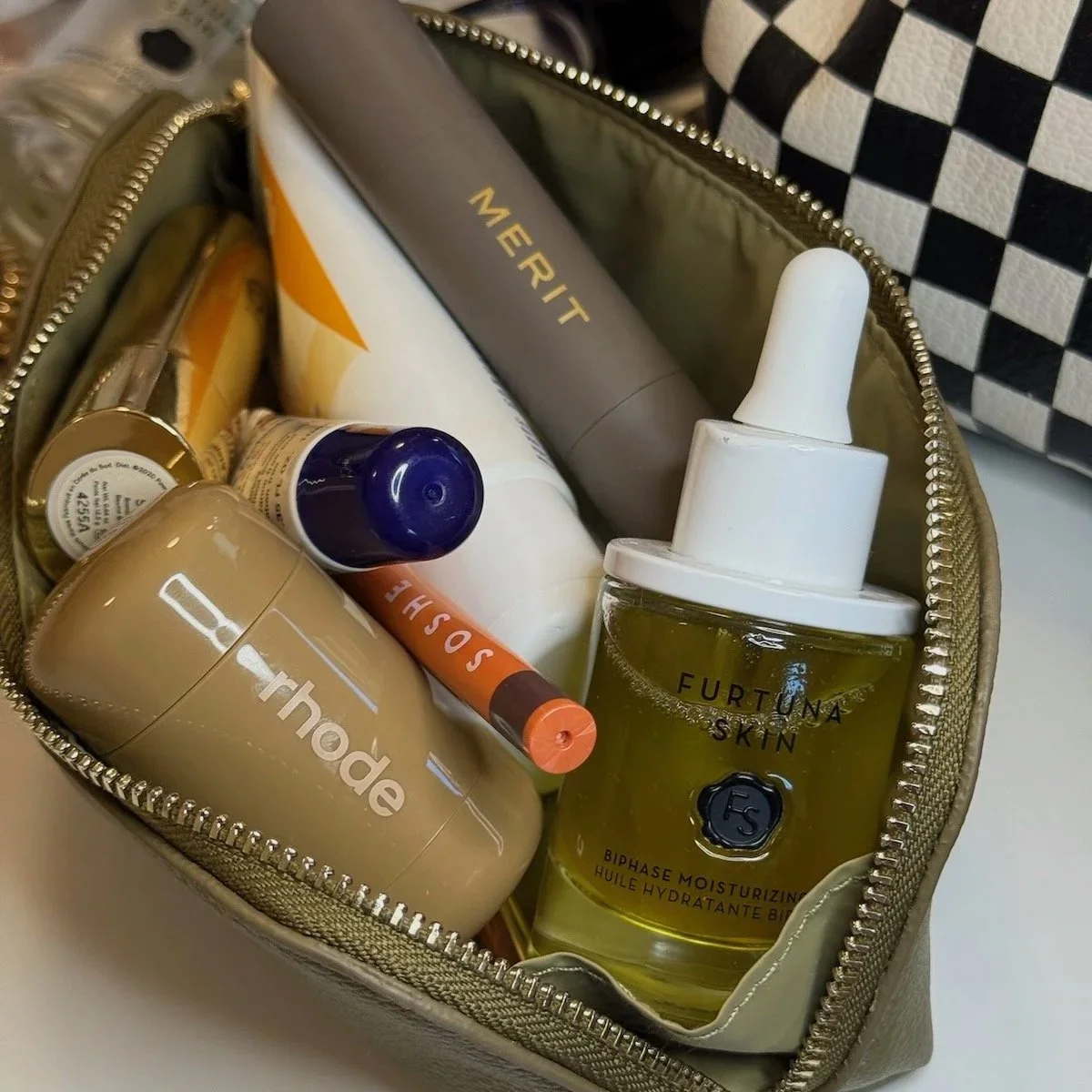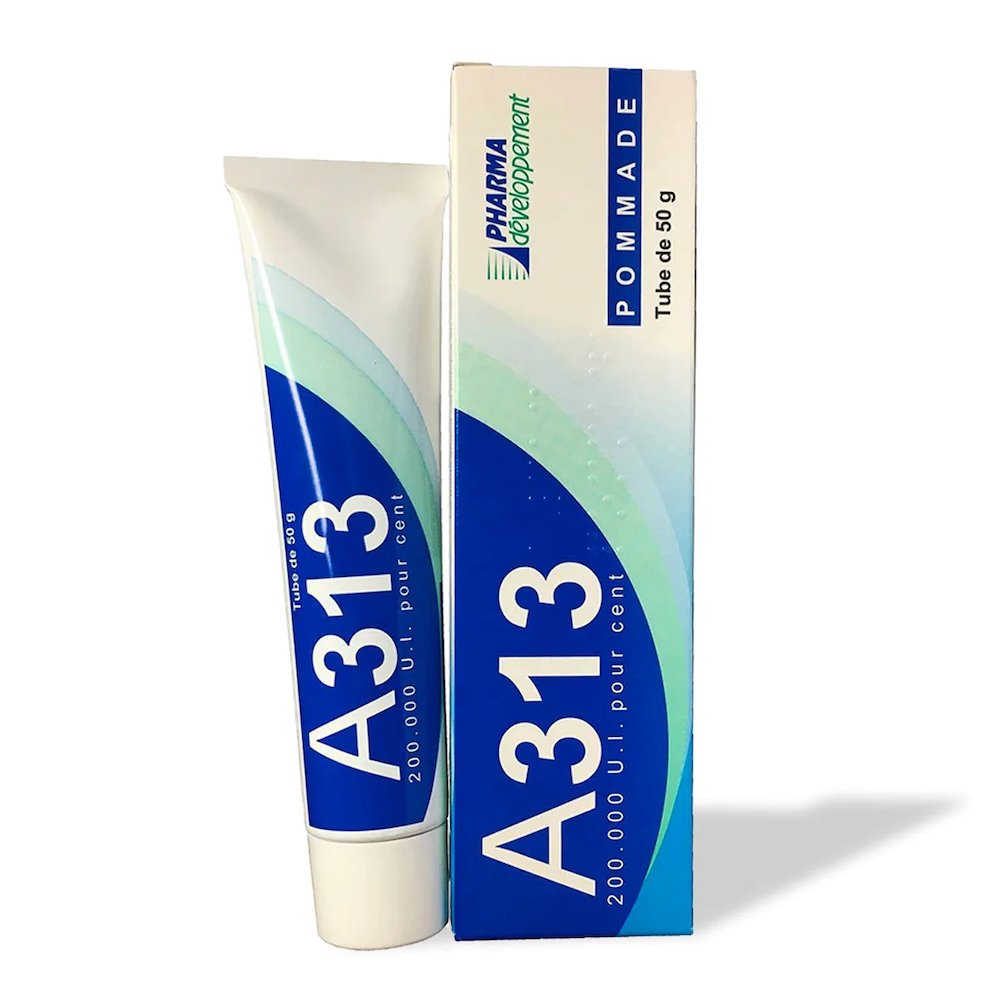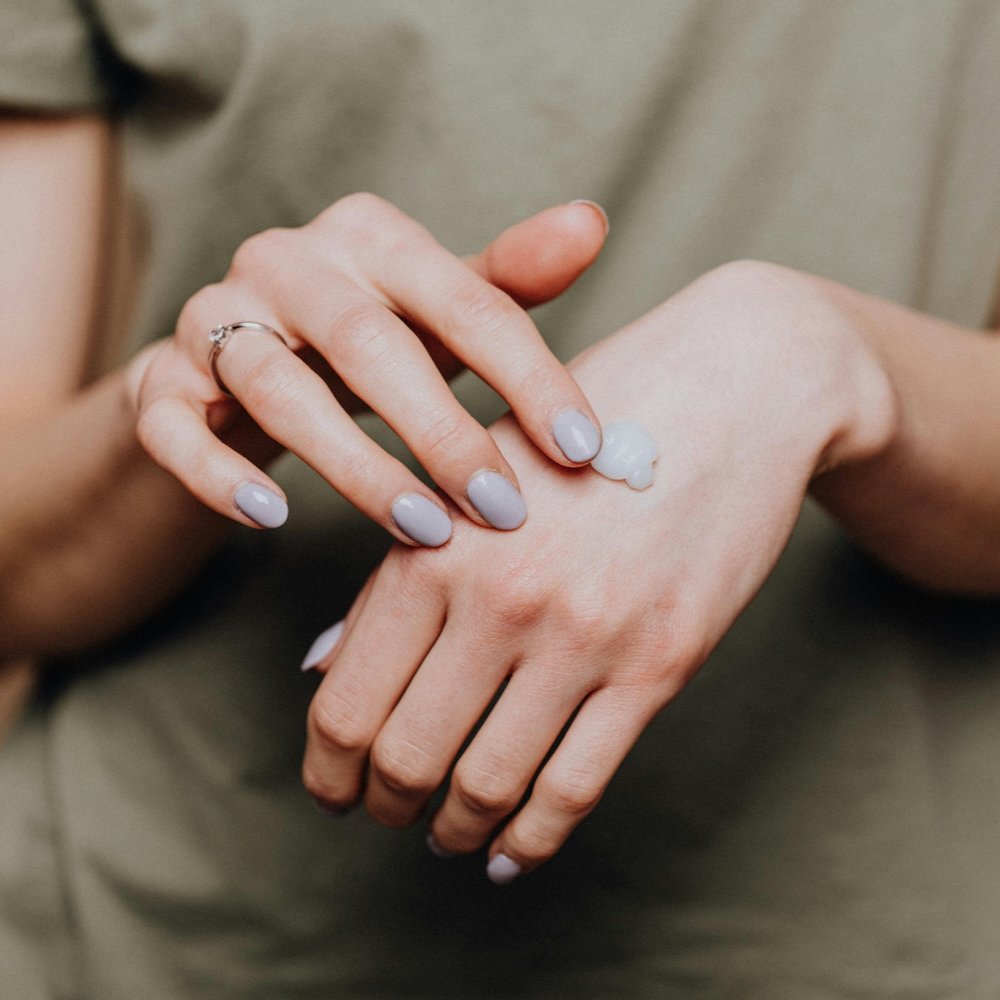Forget All Those Bottles Rattling Around In Your Bathroom. There Are Only 3 Anti-Aging Products That Really Do Anything.
We’re too old to mess around with stuff that makes big claims with no results.
by The Candidly Team
Skincare becomes something different after 35.
It’s no longer about cute bottles and pretty smells because suddenly, we really need it to do something for us.
We have turkey necks.
We have jowels.
We have crepey eyes.
We have vertical lip lines.
And so, while we can’t build a time machine set for 1994 to tell our high school selves that tanning beds are deeply, deeply stupid, we can use effective, active skincare products that actually do something, and not just claim to do something.
Now, use whatever else you have that you love—slather on moisturizers, bask in thick masks while relaxing in the tub, use whatever eye cream makes you happy.
But if you aren’t using these 3 key products every single day in your daily and nightly skincare routines, you are effectively not actually getting any anti-aging effects.
Ok, we’ve teased you long enough. Here they are:
1. SPF
The number one cause of skin aging is the sun. Studies show UV exposure to actually be responsible for 80% of “visible facial aging signs.” So if fewer wrinkles, better texture, and all that anti-aging glory is your goal, you’re gonna need an SPF. And not to state the obvious, but getting a dose of vitamin D (and frankly, just going outside) is important for other aspects of health, so finding an SPF you don’t loathe layering on after you’ve completed your skincare routine is a thing of real value. And we found two we love so much we don’t go anywhere without them.
Tinted: CeraVe Hydrating Mineral Sunscreen Face Lotion with Sheer Tint SPF 30
This very unexpected product gives us enough coverage to get that “our-skin-but-better” finish. We wear it instead of foundation and pretty much AS foundation. We all had a “whoa” moment the first time we used it, and we haven’t stopped talking/ writing about it since.
Use CANDIDLY to get 15% off.
Price: $16
2. VITAMIN C
Vitamin C is a free radical-fighting powerhouse for our skin. But also, and we’re going with the science here, studies have found that it improves the appearance of fine lines and deep wrinkles. We also find that it does more for the glow of our skin than any other product.
Luxe: SkinCeuticals C E Ferulic
We have called this our “desert island product.” And you can see photos of our own Editor-in-Chief’s results from trying it HERE. In addition to all the incredible hydrating effects we expect from a serum that costs this much, when mixed with ferulic acid, vitamin C has been shown to reduce redness. So our skin is calmed even as it’s filled with the seeming light of the sun.
And we know it’s a splurge, but we at least have a code for you if you buy it on Dermstore. Use CANDIDLY to get 15% off.
Price: $182
3. RETINOIDS
Harvard Health called topical vitamin A (aka retinoids) “the most used and most studied anti-aging compounds.”
Retinoids have been shown to reduce fine lines and wrinkles by boosting collagen production while adding glow and evenness by stimulating new blood cell production. Again, you can thank Harvard Health for that summation.
But the real reason we turned to a medical site for the 411 on this is that vitamin A cream is strong stuff. It’s not necessarily for the sensitive-skinned among us and should be avoided by pregnant and breastfeeding women. It also makes you extra sensitive to the sun, so use A LOT of SPF and maybe something like THIS.
But ultimately, results can be quite remarkable, possibly moreso from retinoids than retinol, because retinol is the weaker form you buy over the counter whereas retinoids like tretinoin are powerful compounds that require a prescription.
Retinoids could help mitigate issues that lead to aging skin in several key ways, according to an interview with Stanford dermatologist Zakia Rahman, MD. Here are the specifics:
Thickening the epidermis
Increasing the production of natural chemicals like hyaluronic acid that keep skin “plump and moist”
Stimulating collagen production
Inhibiting the breakdown of collagen you already have
Blocking some inflammatory pathways that can lead to breakouts
These topical creams can also sometimes cause peeling, redness, dryness, or irritation, which doesn’t always last more than a month or so, but it’s worth being aware of and following with extra hydration at first. It’s also a good idea (and often a necessity) to talk to your doctor or dermatologist about trying out any form of retinoid.
And for those of you who’ve maybe tried it and hated it or have no desire to go the route of retinoids, we do have one alternative we like, which we wrote all about HERE.
But for those ready to dive in, here are two options:
Retinol: Pharma Developpement
A313 Vitamin A Pommade
This is a strong pharmaceutical-grade French Pharmacy retinoid that’s been going viral of late. It’s line-smoothing, pore-dissolving, powerful stuff. And it costs no more than your average drugstore spend.
Price: $27
At The Candidly, we try a lot of stuff so you don’t have to. We only recommend things we truly love, and that we think you’ll love, too. All products are chosen independently by our creative team, and all details reflect the price and availability of products at the time of publication. If you buy something we link to, The Candidly may earn a commission.
We have to eat.

